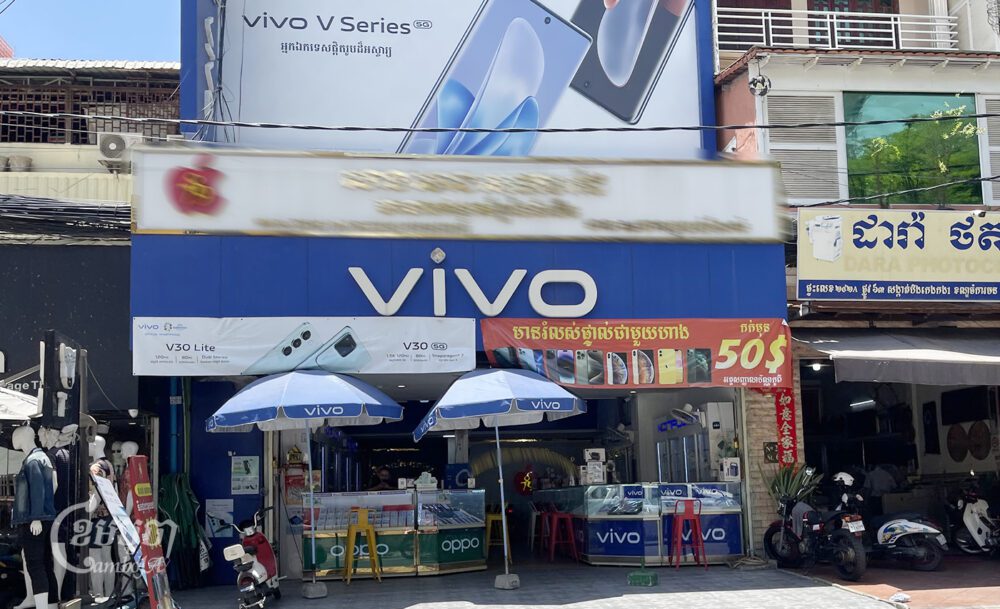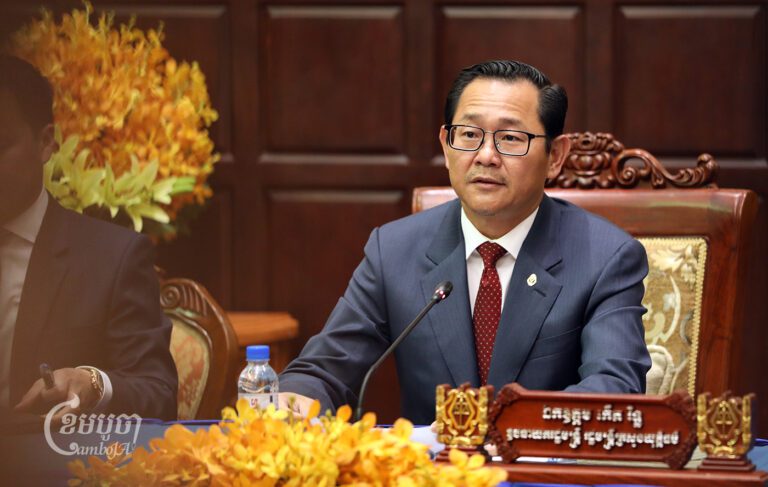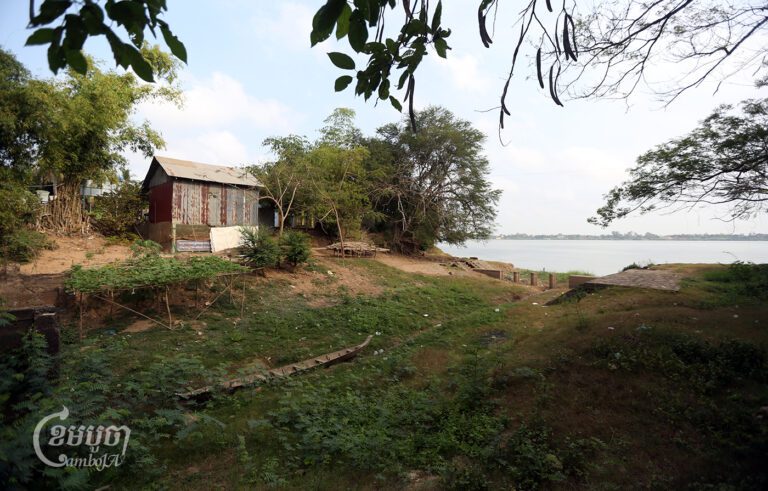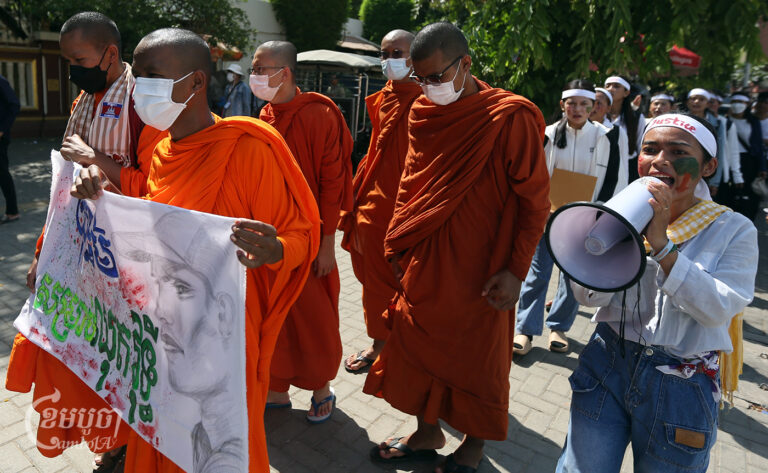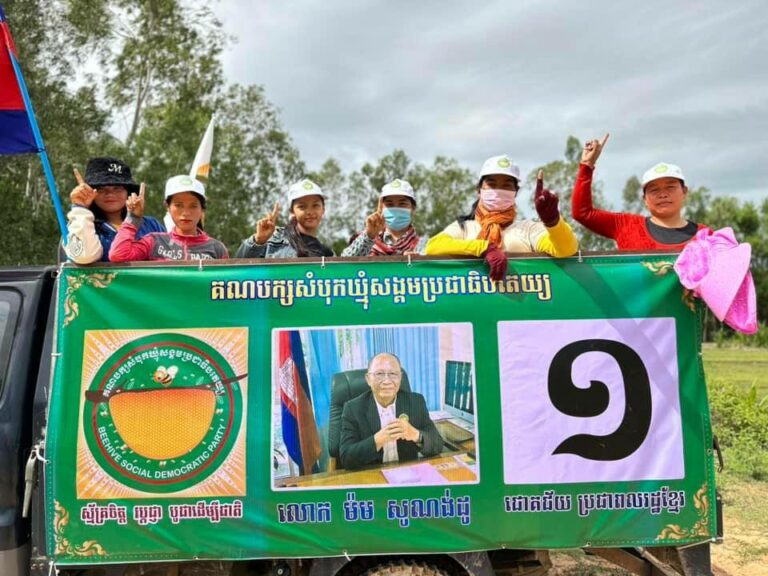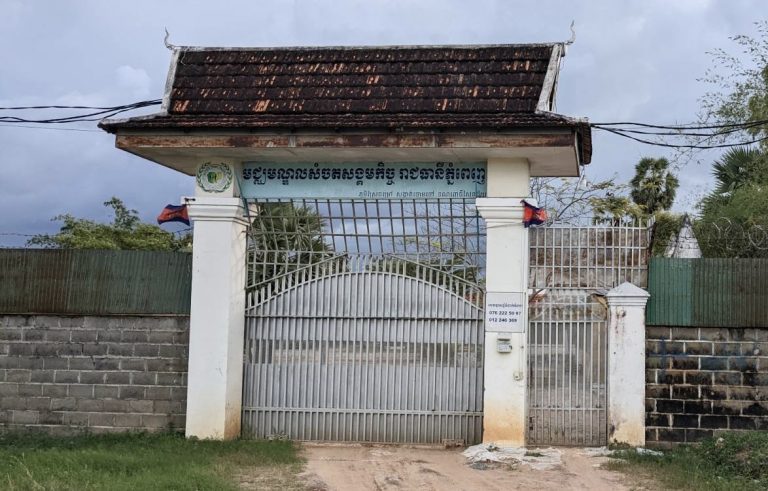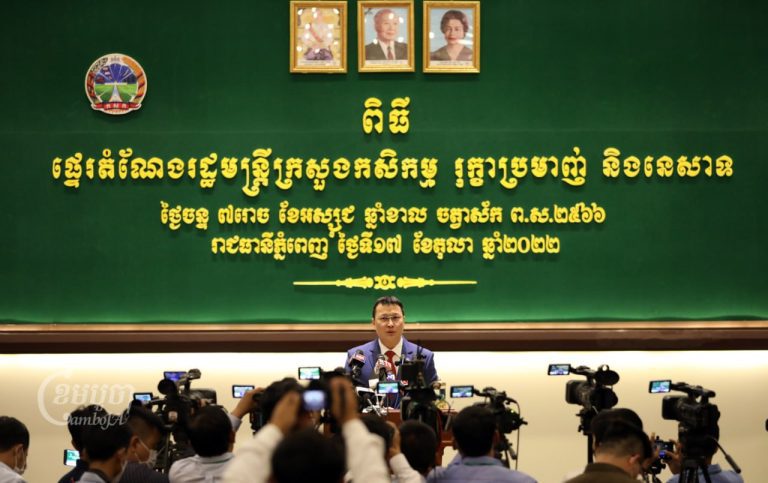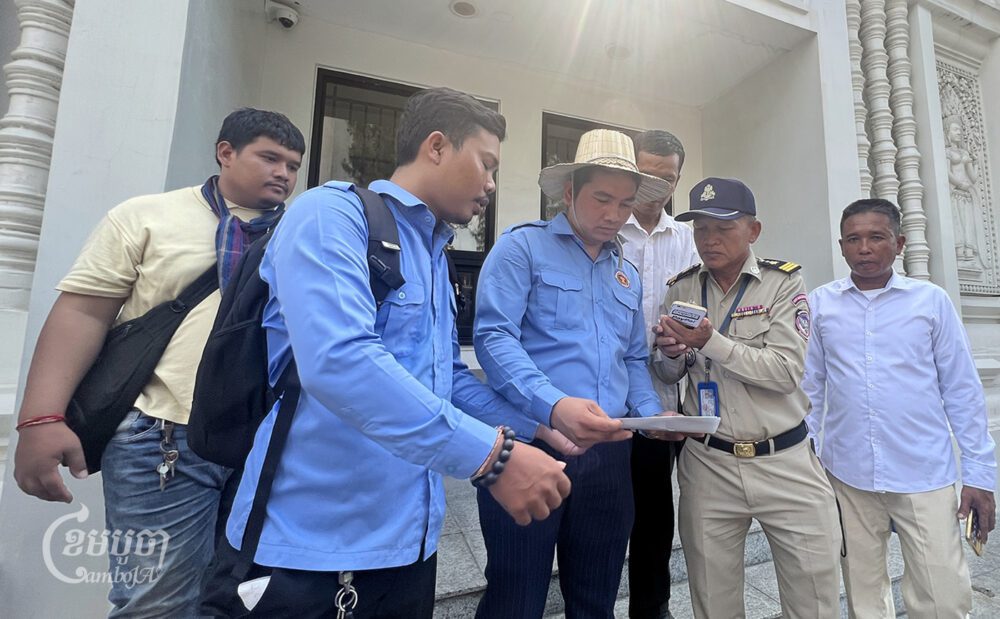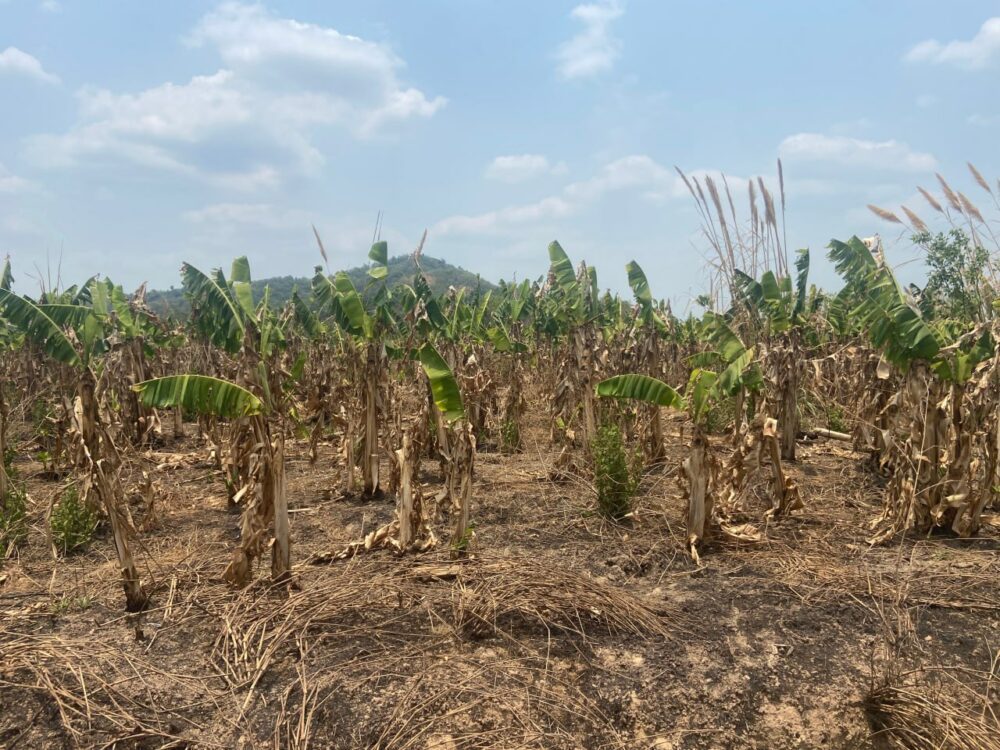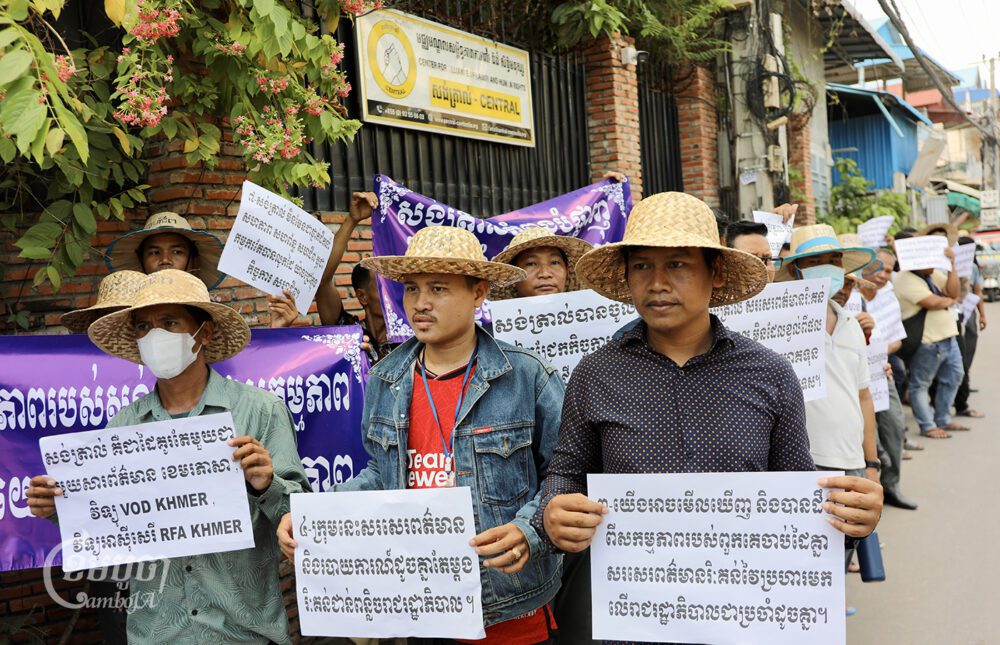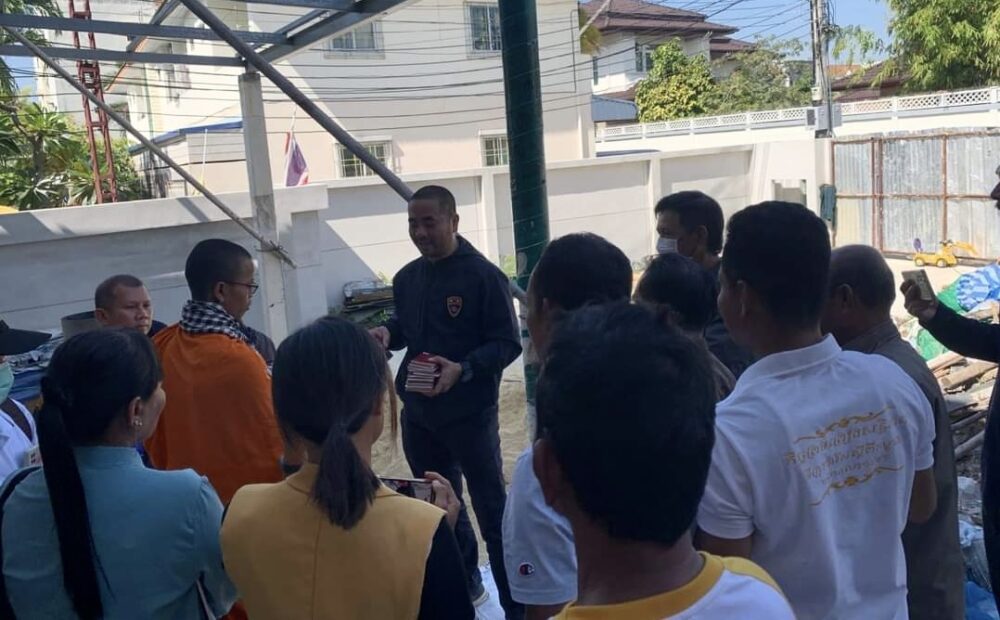Five mobile phone shops in Tbong Khmum province were temporarily closed after General Department of Customs and Excise officers confiscated some 1,300 duty-free mobile phones, a move that was strongly criticized by the public.
According to a statement by the General Department of Customs and Excise of Cambodia (GDCE) on May 31, 2024, officers seized 356 new smartphones and 955 second-hand phones from five phone shops in Memot district which did not have the “customs duty paid stamp” and legal certificates.
“The phones are temporarily stored at the Office of Investigation and Suppression of Smuggling Area 6 in Huoch village, Krek commune, Ponhea Krek district in the province to record violations of customs law in accordance with the procedures,” the statement said.
According to Article 8 of the Customs Law, mobile goods are classified as special goods which are subjected to customs duty. The department stated that the second hand phones, deemed “domestic goods”, will be returned to their owners.
Awareness was also raised among traders regarding import tax duties, including customs stamps for specialized goods with the distribution of leaflets and verbal information, it said.
On June 1, 2024, the department offered additional information in response to the questions and criticism over the seizure of the phones.
Tax obligations and import duty on “Nokia Flashlight” phones is not up to $93 as mentioned by the public, the department said, explaining that tax as well as import tax on mobile phones is 15.5%. Previously, the import price was $5 per unit. “Thus, taxes and duties to be paid are $5 x 15.5% which equals $0.775 per unit, not $93 as some suggested.”
A day after the customs’ raid, shop owner Long Piseth posted a photo of an empty glass cabinet with the caption, “The customs confiscated all the mobile phones. The second-hand phones I bought from the villagers [were] also taken and [I was] asked to pay taxes.”
Piseth said she was afraid about her job as her income depended on the business. “At the time, I was stuck. I was shocked when they came to my shop and took all my phones. I do not know what else to do because they took all of them. I cannot do anything now. I can only wait and see.”
Piseth said she “lost” 400 phones, including repaired phones belonging to other customers, new phones, as well as old and second hand phones.
“I had no idea because they didn’t inform me of the process. They came here for the first time and took the phones without any clear explanation,” she said.
She hoped that the government would resolve the issue as her livelihood has been affected.
“I request the authorities to help as we have lost the income which supported my family. I hope the government will understand the citizen’s situation [and offer] tax concessions because sales have also dropped. We know that people make less money when the global economy is not yet good.”
Piseth’s post received overwhelming response on social media, with some urging the authorities to favor the sellers and investigating mobile phone importers and officials who work in this sector.
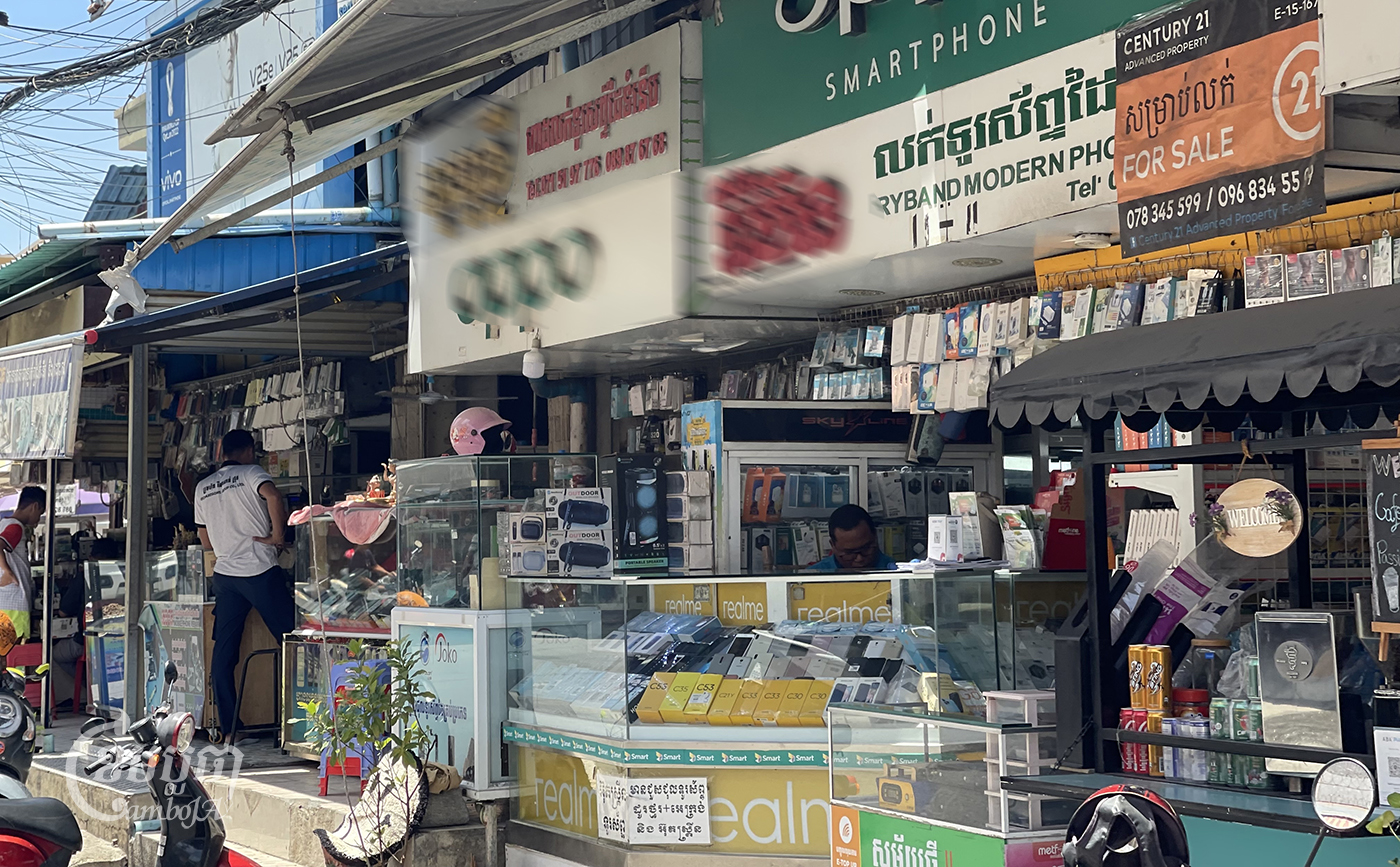
A Facebook user named Yang Chanbandol commented, “I bought a new iPhone in 2018 and have been using it since then. What if I sell it to a phone shop owner and my phone becomes a second-hand phone. Does that mean my phone is tax-free? Phones not made in Cambodia means [that they are] imported and if imported, tax was paid.” “ Why take a second-hand phone and say that tax wasn’t paid? I hope all relevant officials have at least 12th grade degree.”
Another account user, Ry Sovannarin, who also owned a phone shop, asked the authorities to decide in favor of the affected traders and provide a suitable solution to those doing business in the electronics industry.
“After Covid-19, sales have declined. [W]e urge the department and relevant authorities to provide a solution and be understanding as traders are going through a difficult time.”
Ky Sereyvath, an economics researcher at the Royal Academy of Cambodia said it was a crackdown which was carried out under surveillance. “Because the import of goods without tax declaration creates unequal competition in the country.”
He alleged that phone shop owners “usually complain” about the problems relating to their difficulties and challenges of life.
Sereyvath said the current economic situation is challenging. However, those who do not declare taxes and are not caught are able to make a huge profit at the expense of the state.
“Whereas those who legally import products and pay the taxes, cannot sell at low prices in the market to compete with those who evade taxes,” he added.


